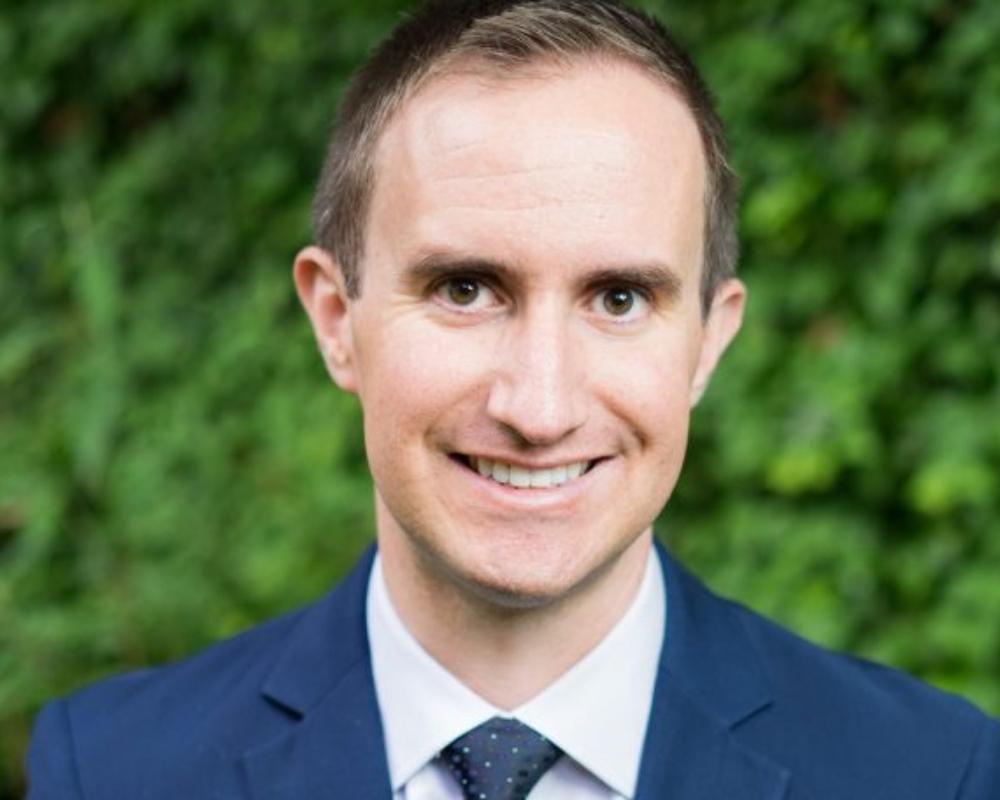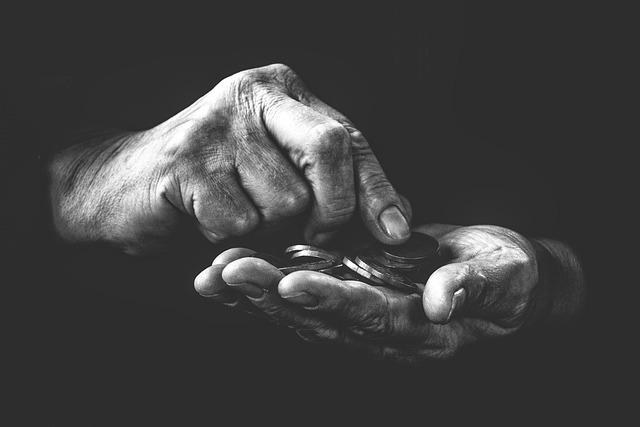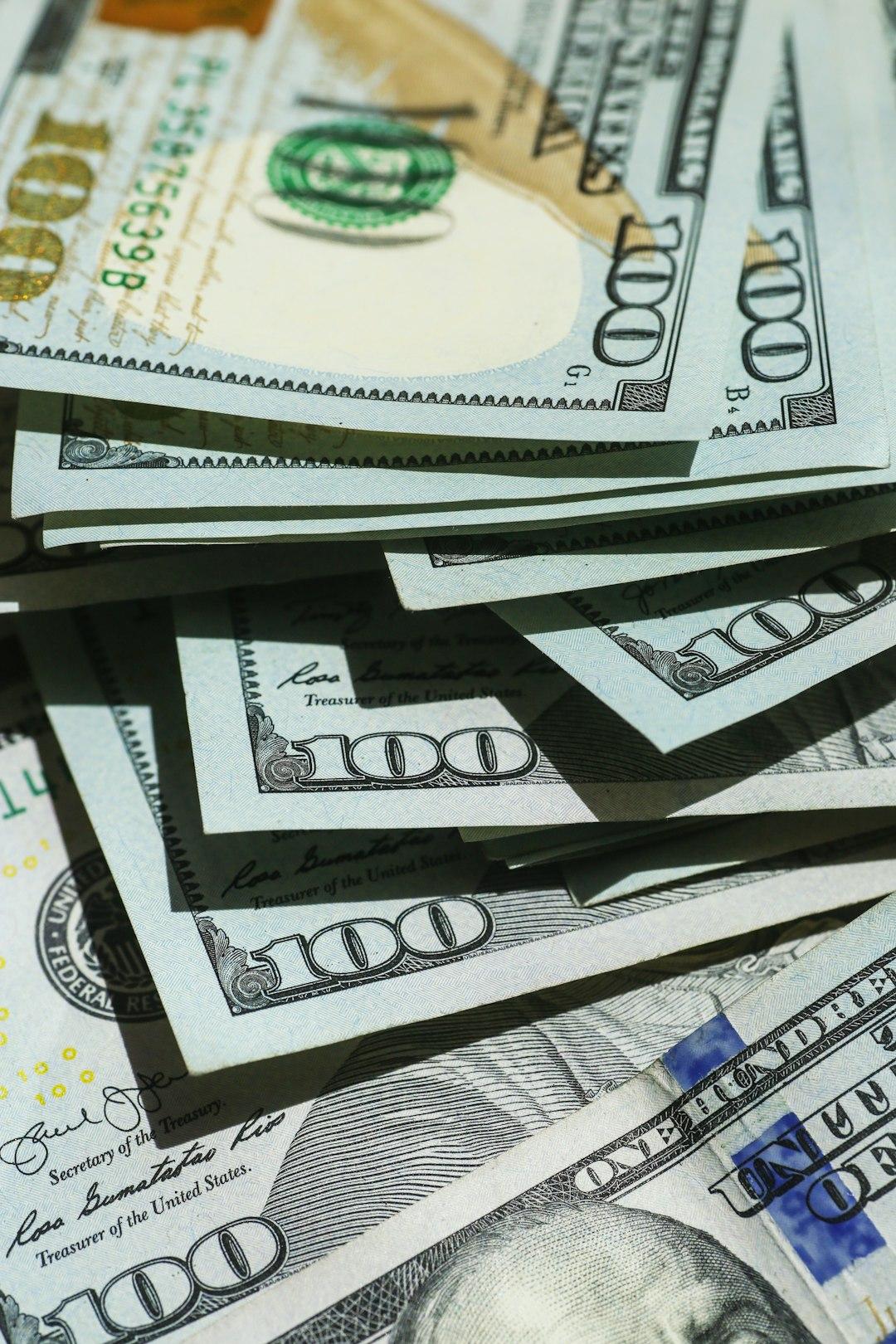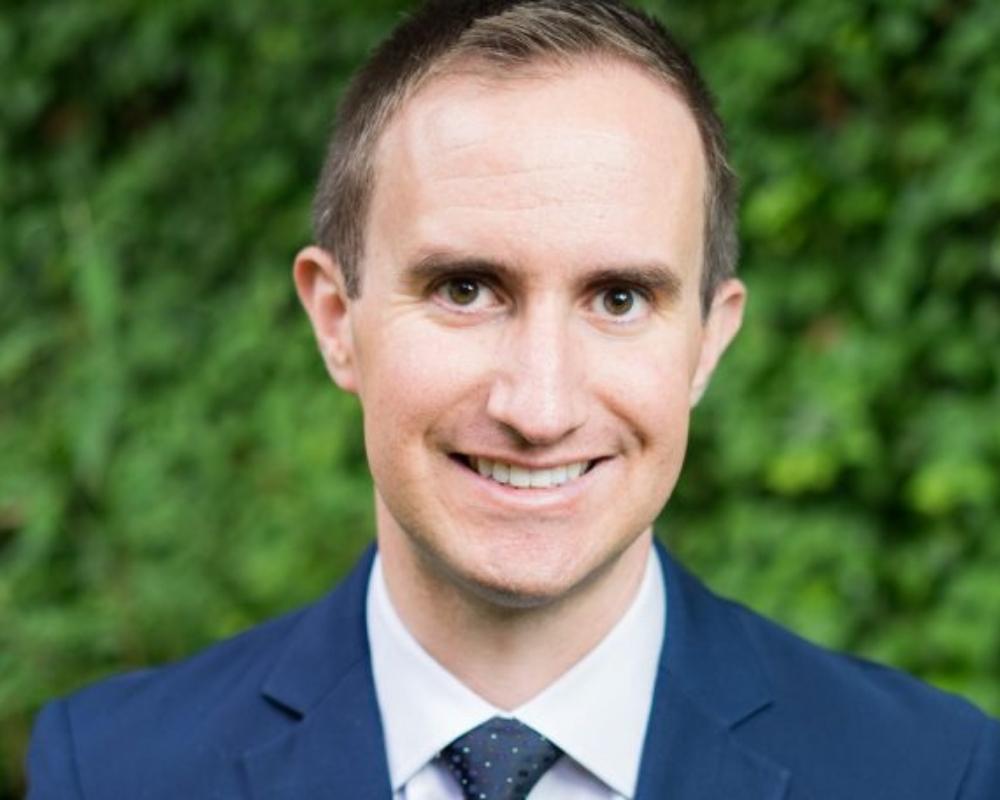Riri lee's Key Ideas from The Psychology of Money
by Morgan Housel
Ideas, facts & insights covering these topics:
8 ideas
·15K reads
60
Explore the World's Best Ideas
Join today and uncover 100+ curated journeys from 50+ topics. Unlock access to our mobile app with extensive features.
Financial success is not a hard science.
It’s a soft skill, where how you behave is more important than what you know.
167
2.41K reads
Getting money is one thing. Keeping it is another.
Getting money and keeping money are two different skills.
Getting money requires taking risks, being optimistic, and putting yourself out there.
But keeping money requires the opposite of taking risk. It requires humility, and fear that what you’ve made can be taken away from you just as fast. It requires frugality and an acceptance that at least some of what you’ve made is attributable to luck, so past success can’t be relied upon to repeat indefinitely.
187
1.88K reads
The Intrinsic Value Of Money
Having a strong sense of controlling one’s life is a more dependable predictor of positive feelings of wellbeing than any of the objective conditions of life we have considered.
Money’s greatest intrinsic value—and this can’t be overstated—is its ability to give you control over your time. To obtain, bit by bit, a level of independence and autonomy that comes from unspent assets that give you greater control over what you can do and when you can do it.
163
1.7K reads
"The hardest thing about this was that I loved the work. And I wanted to work hard. But doing something you love on a schedule you can’t control can feel the same as doing something you hate."
MORGAN HOUSEL
167
1.62K reads
But the truth is that wealth is what you don’t see.
Wealth is the nice cars not purchased. The diamonds not bought. The watches not worn, the clothes forgone and the first-class upgrade declined.
Wealth is financial assets that haven’t yet been converted into the stuff you see.
The only way to be wealthy is to not spend the money that you do have. It’s not just the only way to accumulate wealth; it’s the very definition of wealth.
176
1.45K reads
Saving Money
The first idea—simple, but easy to overlook—is that building wealth has little to do with your income or investment returns, and lots to do with your savings rate.
Personal savings and frugality—finance’s conservation and efficiency—are parts of the money equation that are more in your control and have a 100% chance of being as effective in the future as they are today.
A high savings rate means having lower expenses than you otherwise could, and having lower expenses means your savings go farther than they would if you spent more.
165
1.3K reads
Money relies more on psychology than finance.
Savings can be created by spending less.
You can spend less if you desire less.
And you will desire less if you care less about what others think of you.
198
1.47K reads
IDEAS CURATED BY
CURATOR'S NOTE
Some takeaways that resonated with me reading this book.
“
Curious about different takes? Check out our The Psychology of Money Summary book page to explore multiple unique summaries written by Deepstash users.
Different Perspectives Curated by Others from The Psychology of Money
Curious about different takes? Check out our book page to explore multiple unique summaries written by Deepstash curators:
1 idea
's Key Ideas from The Psychology of Money
Morgan Housel
2 ideas
Yoma Oniti's Key Ideas from The Psychology of Money
Morgan Housel
24 ideas
Discover Key Ideas from Books on Similar Topics
19 ideas
Gulliver's Travels
Jonathan Swift
12 ideas
Same as Ever
Morgan Housel
11 ideas
What Your Employees Need and Can't Tell You
Melina Palmer
Read & Learn
20x Faster
without
deepstash
with
deepstash
with
deepstash
Personalized microlearning
—
100+ Learning Journeys
—
Access to 200,000+ ideas
—
Access to the mobile app
—
Unlimited idea saving
—
—
Unlimited history
—
—
Unlimited listening to ideas
—
—
Downloading & offline access
—
—
Supercharge your mind with one idea per day
Enter your email and spend 1 minute every day to learn something new.
I agree to receive email updates







